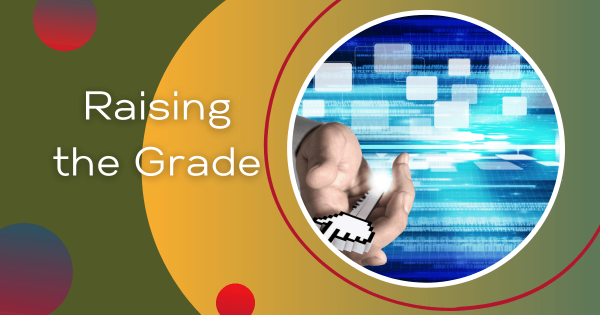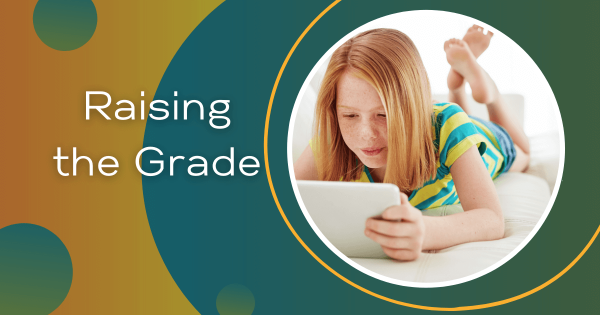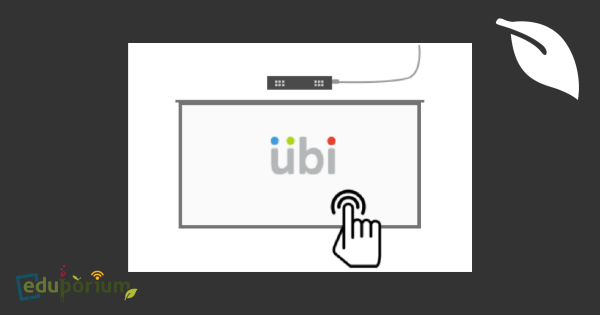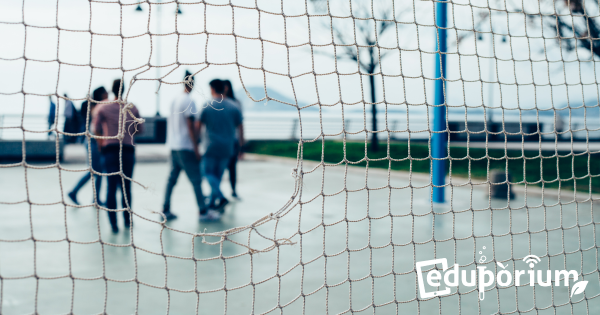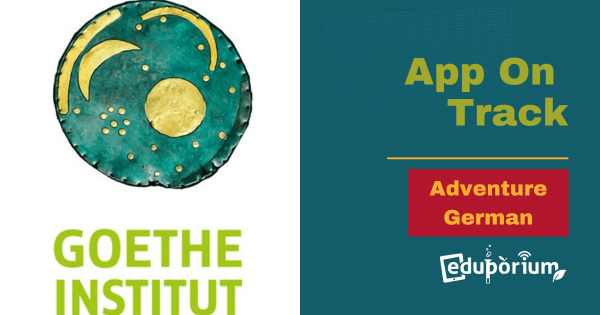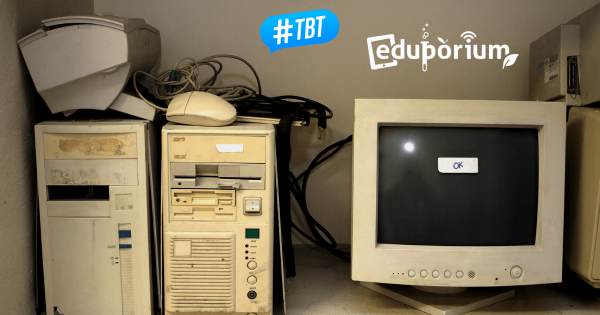With all the buzz surrounding STEM education, teaching students skills that will be vital to succeeding post-education is something that the best modern instructors seek to accomplish. What they could be doing, however, is not only teaching students the skills they will need, but also putting them to the test now right in the classroom.
21st Century
In 21st century education, learning is evolving at a rapid pace. Whether it's in the classroom, library, or a makerspace, students need unique experiences to ensure readiness. At the same time, 21st century learning encompasses so many new areas. Students must develop a lot of key hard skills to have the best shot at future success. But, they also need the right mix of soft skills as well. For the best experiences, teachers often strive for active learning that helps students engage their heads, hearts, and hands. Using a perfect combination of pedagogical skills and useful STEM tools, they can help facilitate creative, inquiry-based, and meaningful experiences to better prepare students for the future. Here, you can find various thoughts on creating interactive learning experiences to increase preparedness. Plus, learn about some of the technologies that help drive inclusion and real-world collaboration for kids.
Our team aims to enlighten educators on the potential that exists within 21st century learning. Whether that's learning about new technologies or how to lead impactful experiences for students, we've made it our mission to share key information. In our eyes, 21st century learning does not necessarily have a specific blueprint. As long as students feel empowered to explore, create, and learn from mistakes, that is valuable in our opinion. In this section, you'll find posts on everything from teaching strategies to specific STEAM solutions. Whether it's utilizing blended learning, focusing a bit more on MakerEd, or even navigating the potential uses of virtual reality in instruction, there's truly a lot educators can do when afforded the opportunity. Scroll on through to find content on some of the most important and relevant topics in today's evolving world of education.
-
Raising The Grade: Equitable Access for All
Internet access. In the US, I’m not sure if it’s a luxury or a necessity. However, I am sure that children today benefit from using the Internet to supplement their traditional school education. We know that there are books, videos, games, and countless other online resources to help children learn. -
Raising The Grade: Is There an App for That?
My school district, like many across the country uses the Dynamic Indicators of Basic Early Literacy Skills (DIBELS) and Text Reading and Comprehension (TRC) assessments to measure elementary students’ reading abilities. These are a series of probes that evaluate skills indicators such as word fluency, retelling, synthesis, and inferring. -
Transformation to Touchscreens: Ubi
The future classroom will need to be interactive and engaging, which is exactly what Ubi is bringing to the table. All you need is the Ubi software, Windows 8, a Kinect sensor, and a projector. There aren’t many educational Windows 8 touch apps, so I used Bluestacks with the Ubi in order to gain access to the massive Android app -
How To Break Through To Better Basketball
Technology really is everywhere, even if sports doesn’t come to mind first as a field with high technology use and implementation. Staff Writer Eli Kell-Abrams writes about a piece of software used to perfect basketball. As our society continues to advance itself technologically, we also see some of these developments in the world of sports. -
App on Track: Learn with Adventure German
Accompanied by the art expert Vincent Mirano, you will embark on an exciting journey throughout Germany. All exercises are embedded in an exciting adventure story. This way, learning never becomes boring with over 2 hours of pure playing time. Most importantly you will improve your reading and listening competence in German with this adventure game. -
Throwback Thursday! Hmm... This Day in History
Here’s an idea. You see that category list to the right side of this blog? Well, the one called “Here and Now” is usually dedicated to posts relevant to the day they are published on, such as “Pi Day” and other “holidays”, as well as current events. What if I looked up today in history? Then I could find something -
What To Fund? A Look At This Unique Charter School
The debate about the what are the most important elements in education has been going on since ancient times. For as long of a period, educators have been gathering together and doing “something different” to teach the next generation of children. In this case, charter schools have been here all along! Well, not quite. Head inside to learn more.





